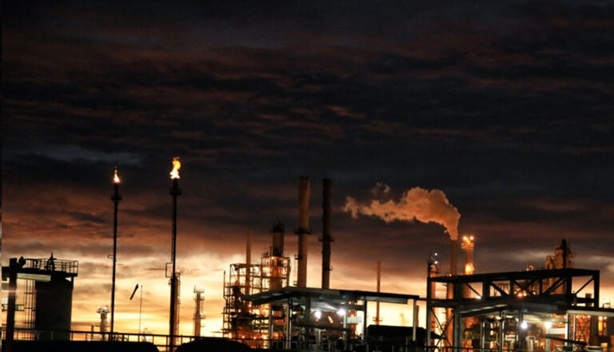Mozambique: Aluminium production at Mozal increases by 12% in Q1
CIP: “A select group proves transparency is possible” in Mozambique’s extractive industry

Image: CIP
A survey by the Mozambican NGO Centre for Public Integrity (CIP) concluded that the country’s extractive industry “operates in a state of opacity that undermines public confidence” and “hinders the translation of subsoil wealth into progress for the people”.
“The sector that holds the greatest potential for Mozambique’s future continues to be chronically opaque and resistant to providing accountability,” reads the 5th Edition of the Transparency Index for the Extractive Sector (ITSE 2025), released by CIP, which analysed 12 companies in the hydrocarbons sector and 20 in the mining sector.
‘With a general average score of only 17.98%, the Mozambican extractive industry operates in a state of opacity that undermines public confidence and hinders the translation of subsoil wealth into progress for the people,’ reads the report.
“The industry is deeply divided. At the top, a select group – headed by Kenmare Resources (88.14 per cent), SASOL (73.68 per cent) and MRM (73.24 per cent) – demonstrates that transparency is possible and achievable. On the other side, at the bottom, there is a gap: 18 of the 32 companies assessed (56%) scored 0.00%, operating in a state of absolute secrecy,” it adds.
According to the CIP study, “transparency in the sector is selective and unbalanced”, with “companies are more willing to talk about their social and environmental initiatives (soft transparency), but they continue to keep what is essential hidden: how much they actually pay in taxes, who they sign contracts with, and who the real owners are (hard transparency)”.
“The tax component (13.18%) is the most obscure, and this is an alarming sign for a country that relies on this revenue,” the study points out.
As an example, it says that the National Hydrocarbons Company (ENH), the “arm of the state” in this sector, “obtained a score of 0.00%”, a performance that “shows they’re not living up to their responsibility to be the standard for excellence in accountability, thereby bringing down the sector average”.
The average ITSE score was 17.05% in 2024, 20.69% in 2023, 24.83% in 2021 and 29% in 2020.
“There is a deep gap between formal transparency and public perception. Ordinary citizens often confuse brand visibility with transparency, considering companies in the field of consumer goods (with 0% in the index) to be the most transparent. On the other hand, formally transparent companies, such as MRM, are perceived as opaque in the field. This demonstrates that publishing reports is not sufficient, and that transparency must be experienced in daily interaction with communities,” emphasises CIP.
The study argues that “transparency cannot remain an option” and as a “key recommendation” states that the Mozambican government “must change from indulgence to active monitoring, by enforcing the law and creating a single, official Transparency Portal for the publication of information of public interest”.
As for companies, CIP says, the “requirement is clear” and involves adopting “full transparency as a pillar of their licence to operate, by abandoning selective opacity and information data gaps”.












Leave a Reply
Be the First to Comment!
You must be logged in to post a comment.
You must be logged in to post a comment.